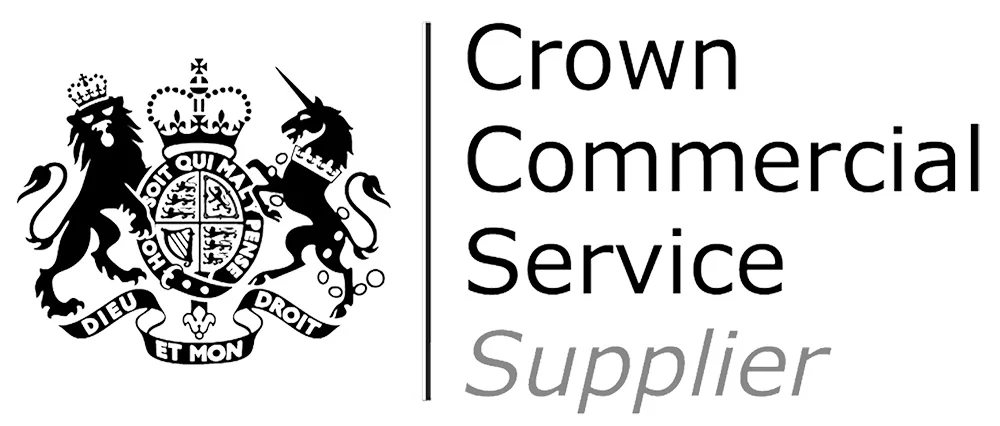What are the Best Teaching Methods in Primary Schools?
While teachers across the UK are all given the same curriculum to follow, how the curriculum is delivered can depend on the preferred teaching strategies of individual teachers in the profession.
While there is certainly no 'one size fits all' approach when it comes to effective teaching strategies, some overarching methods have shown to be effective when teaching primary-aged children.
What are teaching strategies?
Teaching strategies are the methods the teacher employs to help students get the most out of their learning experience. Teachers will determine which strategy to use based on the subject matter, the student's prior knowledge and capabilities, and their own preferences. Teachers may switch strategies depending on their end goals and the lesson.
The most effective teaching and learning strategies for primary schools
Most teachers want to find better and more efficient ways to motivate their pupils and develop their understanding of the subject matter. However, choosing specific strategies to execute this can be challenging.
Choosing the most up-to-date and evidence-backed teaching strategies will ensure that you are helping your pupils learn in the most effective way possible. Some of the best methods to do so include:
Taking the time to get to know your pupils
Good teachers will try to understand their pupils and their individual learning needs. Developing a solid relationship with your pupils is essential. If pupils feel safe and encouraged, they will be more motivated to learn. Fostering an atmosphere of mutual respect is also important. It may take time to get to know each of the pupils in your primary class and understand their barriers to learning, but in doing so, you can tailor your teaching to bring out the best in each of them.
Learn the difference between formative and summative assessments
Formative assessments are ones that take place day-to-day within the classroom to ascertain how well your pupils grasp a particular topic. They are assessments for learning instead of summative assessments, which are assessments of learning. A summative assessment will be one that takes place after a topic is complete. Formative assessments can be handy in better understanding gaps in knowledge or misconceptions. Summative learning will help teachers understand how well a pupil has grasped the topic overall.
Give thorough and direct instruction
By frequent questioning and implementing guided practice, teachers can help ensure children grasp a topic more easily. Teachers use of the worked example is where the teacher demonstrates the worked example to completion, in silence. They then work with the pupils to tackle a second problem which they will attempt to solve using the information they have been given. The silence for the first worked example is crucial here, as the children can entirely focus on the demonstration and will not be distracted by voiced explanations.
Asking questions such as 'are you certain?' and 'can you explain how you got this answer?' will help encourage critical thinking and encourage pupils to explore multiple methods in their problem-solving.
Personalised learning
While a primary school teacher cannot cater to all the unique tastes and interests of individuals in their classroom, by considering what pupils would find interesting and fun and incorporating this into teaching methods, teachers can motivate and engage their pupils more easily.
Employ deliberate practice
Deliberate practice is where a new concept is broken down into individual skills, each of which is then practised and developed. The pupils are assessed on each skill before moving on to the next.
Provide encouragement and recognition
You can motivate pupils by showing them that the effort they put into a task will be rewarded. You can foster active learning by giving recognition to those who make lots of effort rather than just focusing on those who got it right.
Metacognition
A widely recognised teaching method for primary school pupils is metacognition, which basically means 'thinking about thinking.' Again this involves questioning pupils' reasoning and deduction skills and encouraging them to self-evaluate and self-reflect on their learning too.
Now you've got some great teaching strategies to consider, why not discover your next teaching job with Horizon Teachers today? Browse our jobs board or get in touch with our team today to see how we can help you land your dream role in education.


